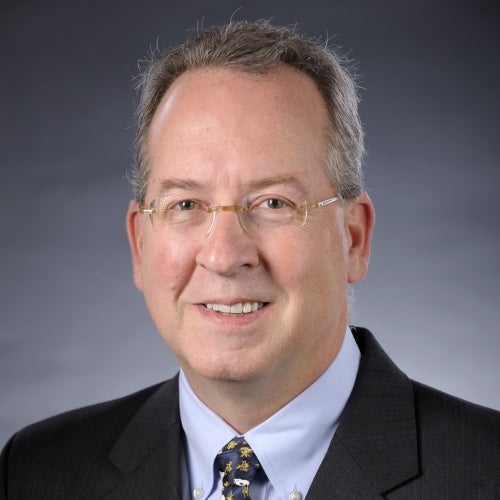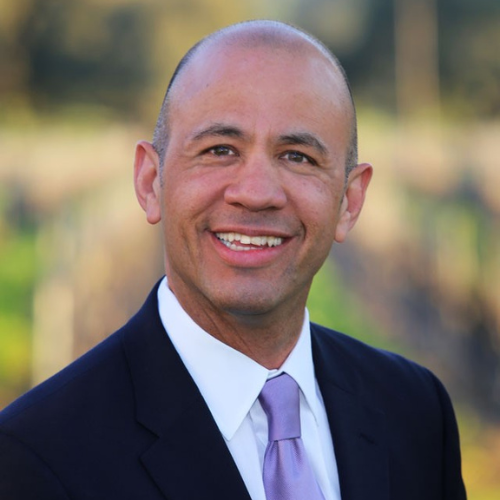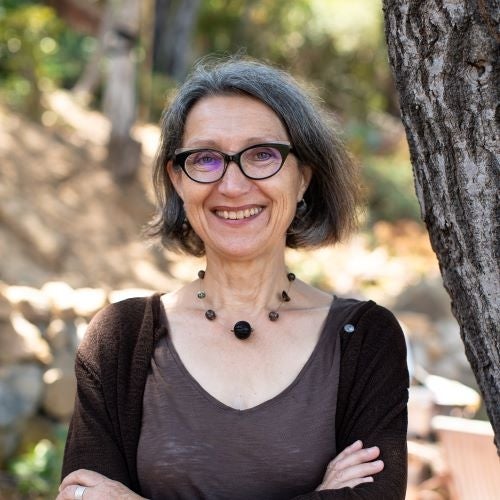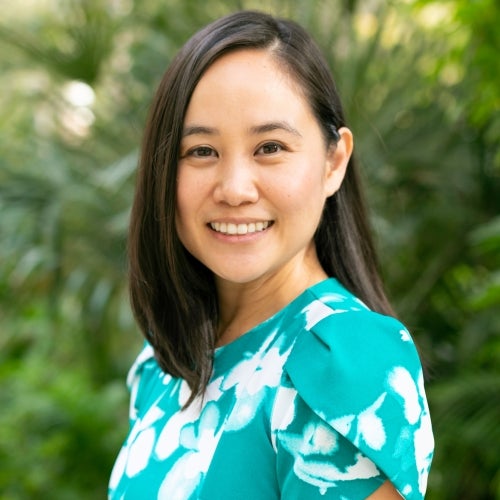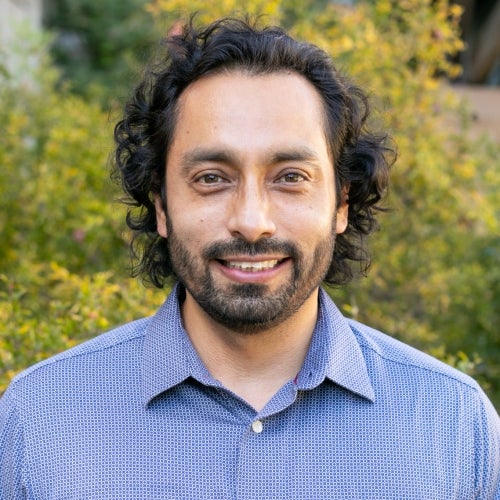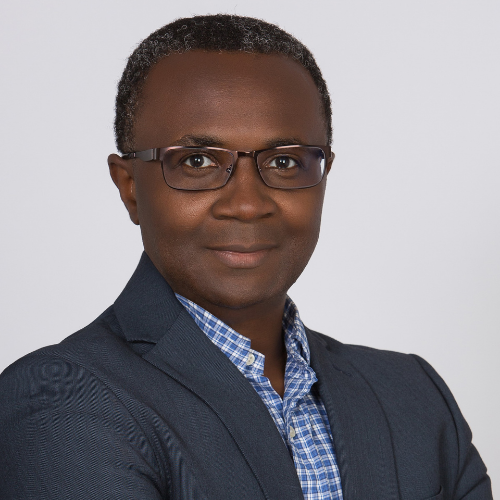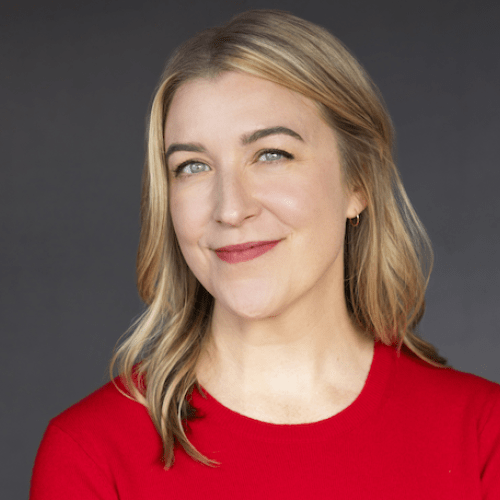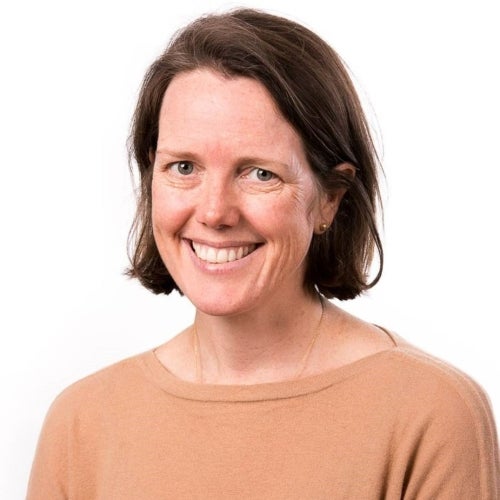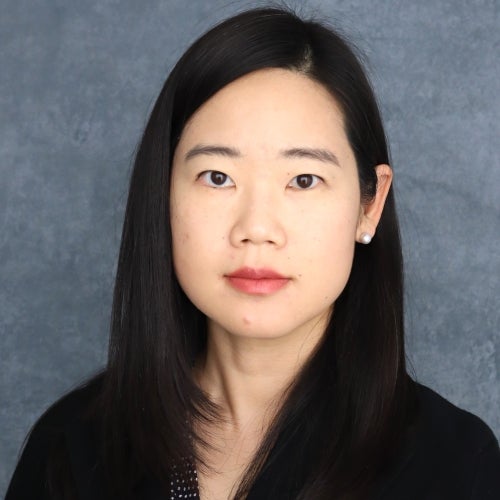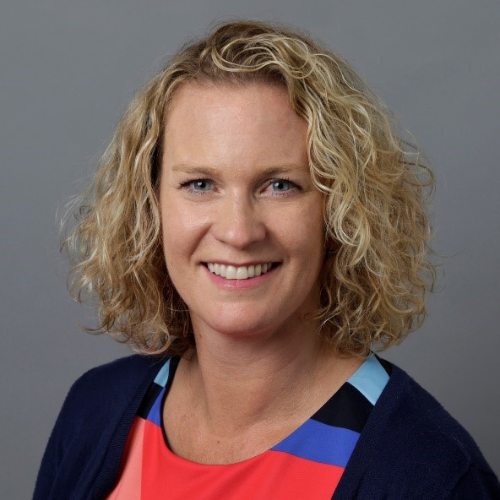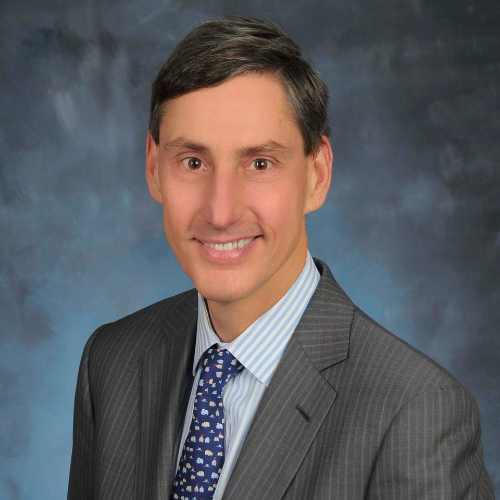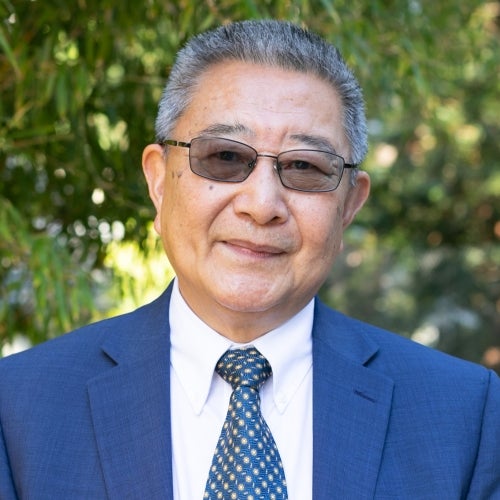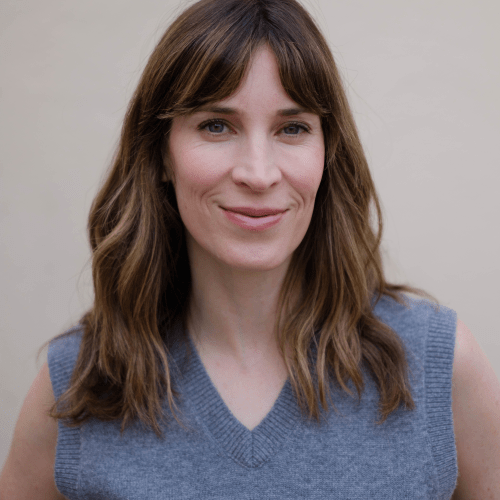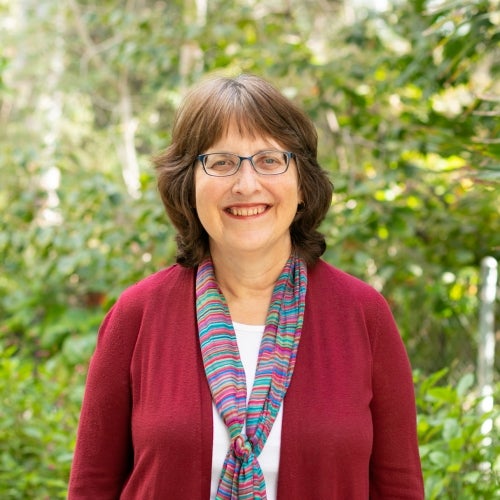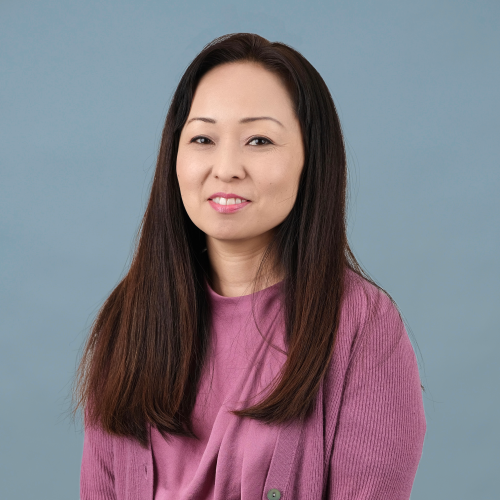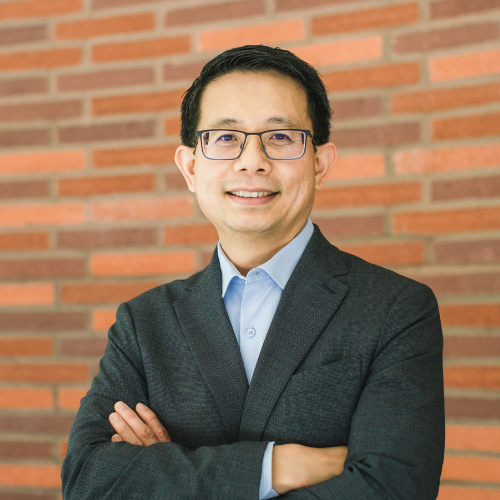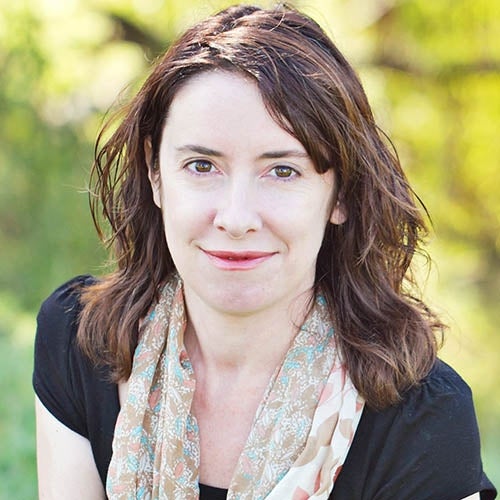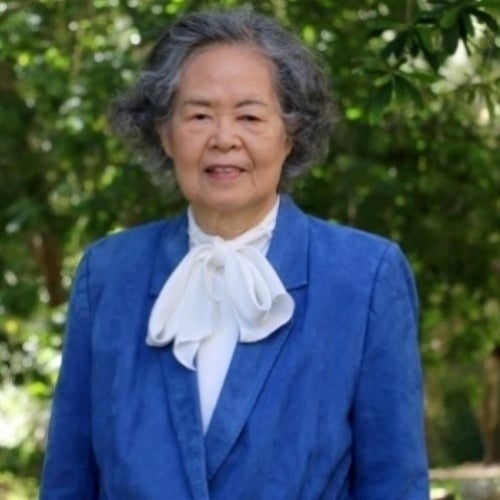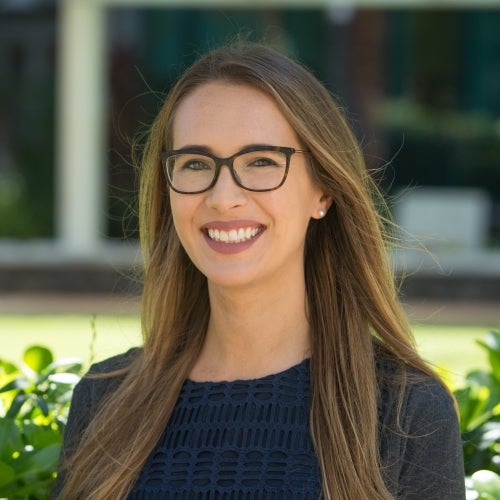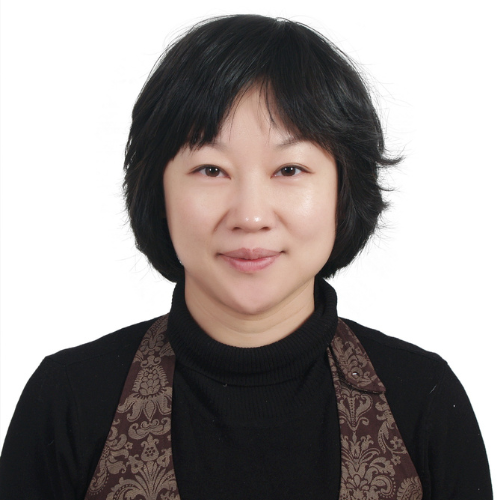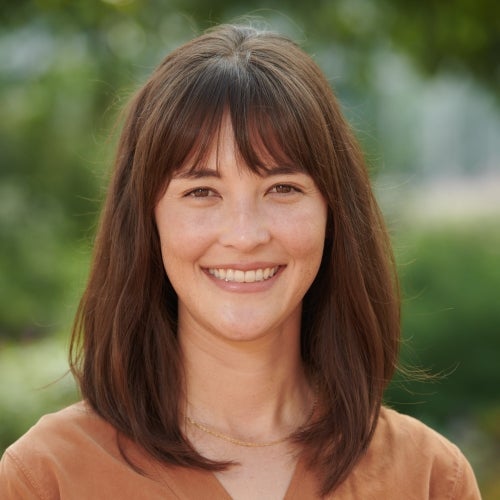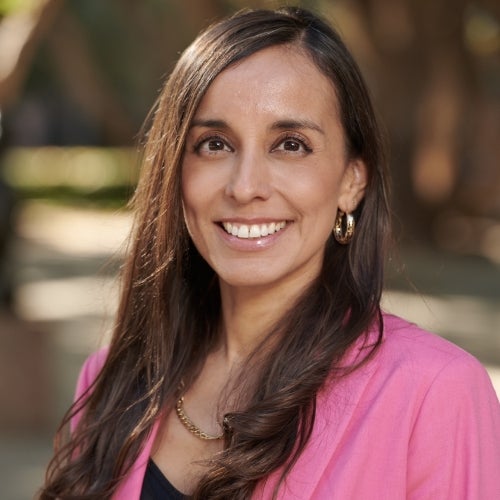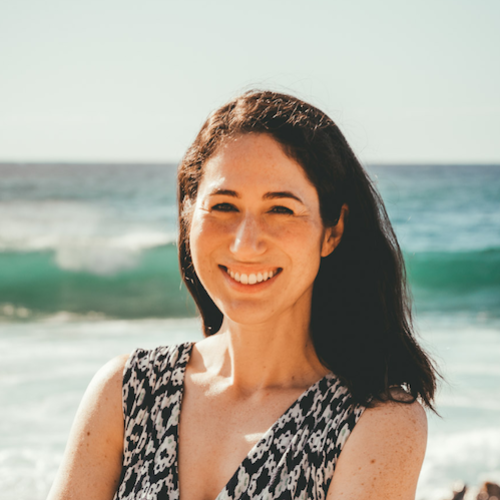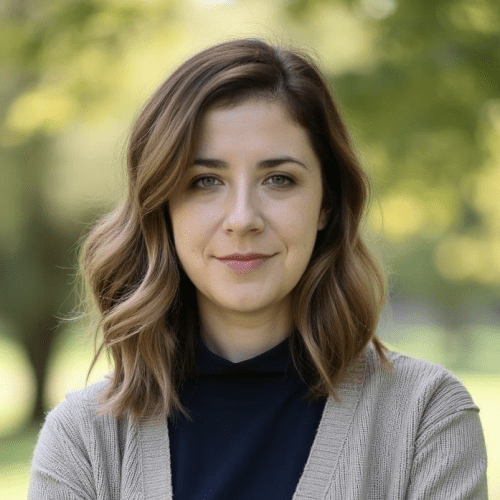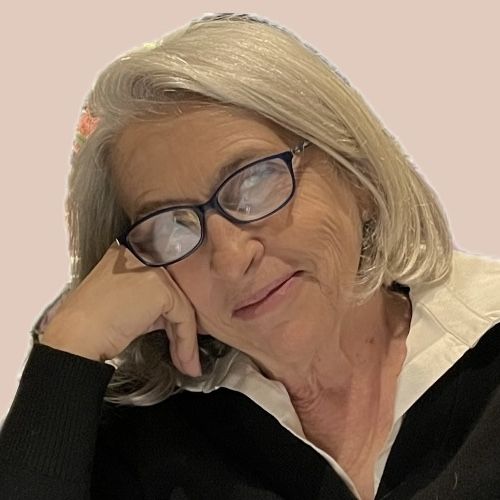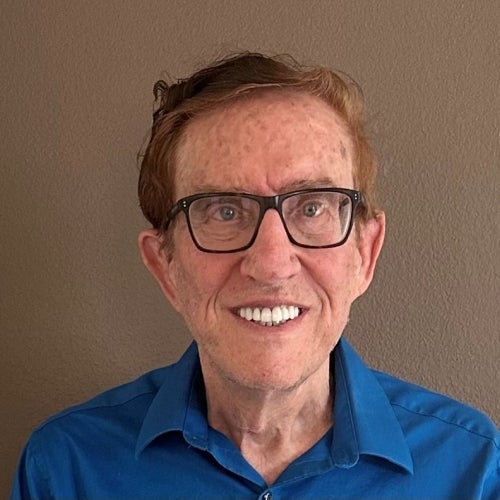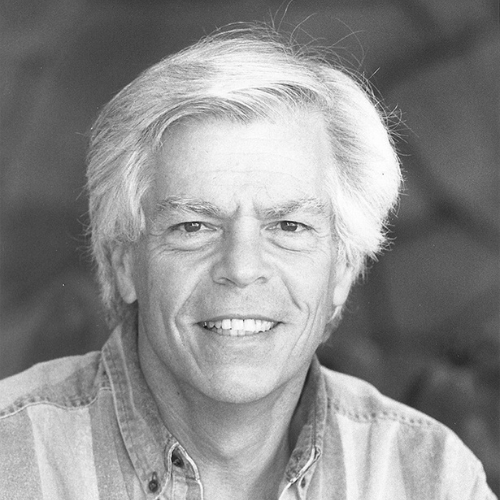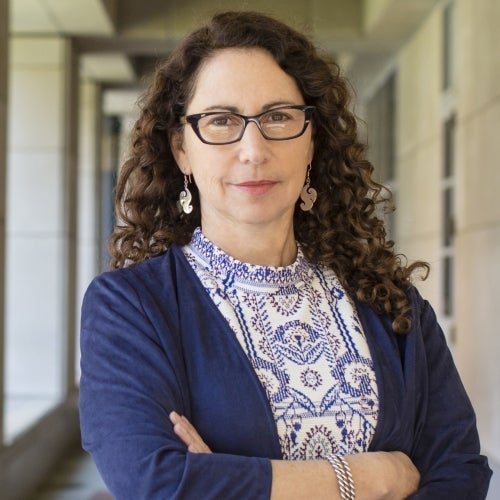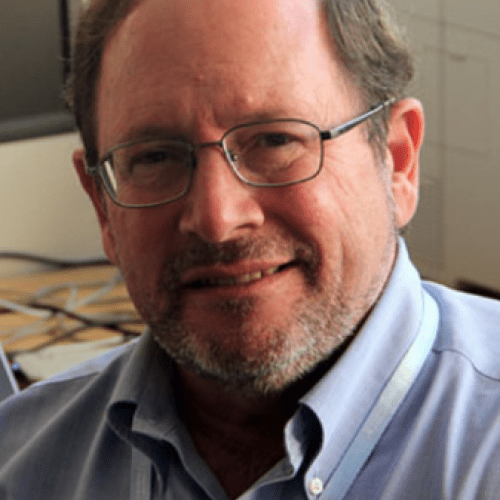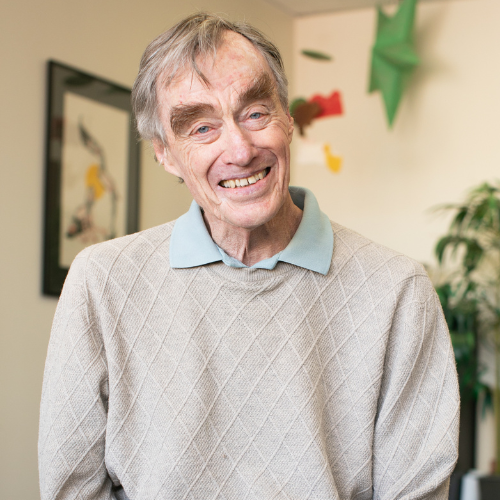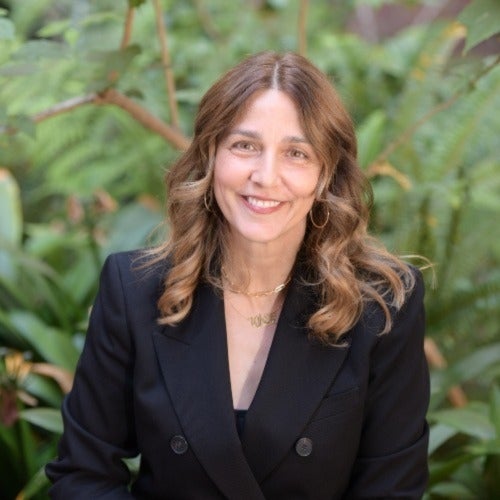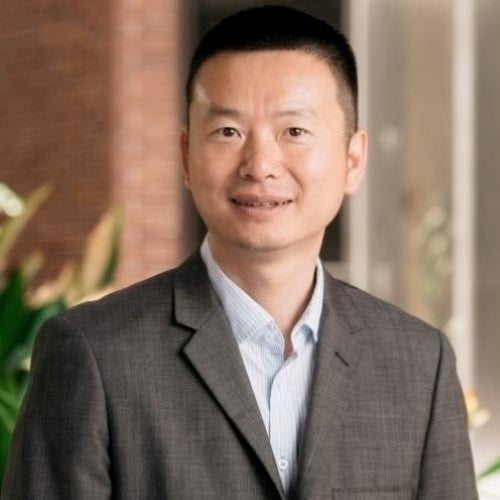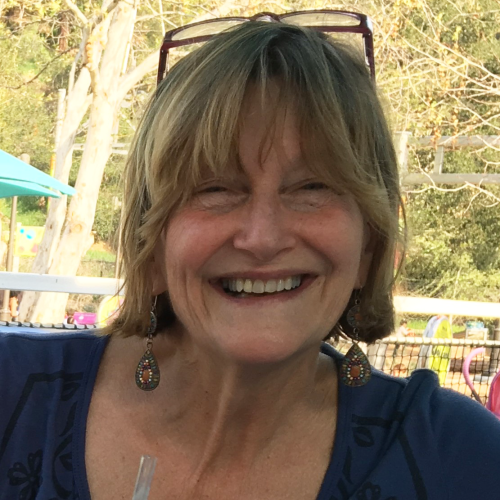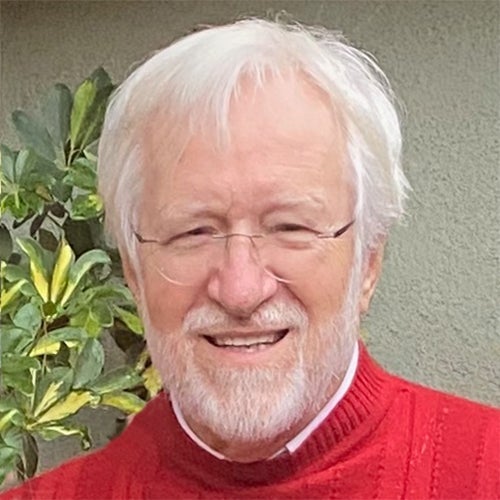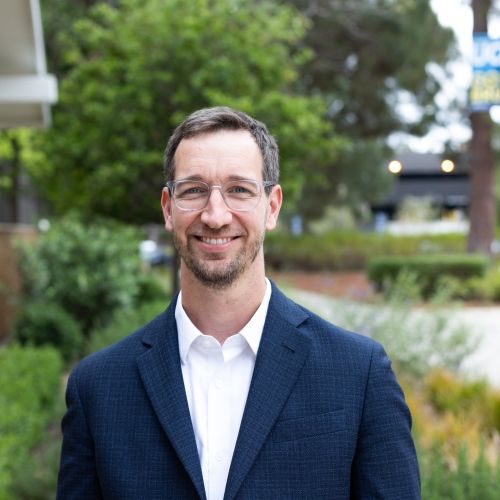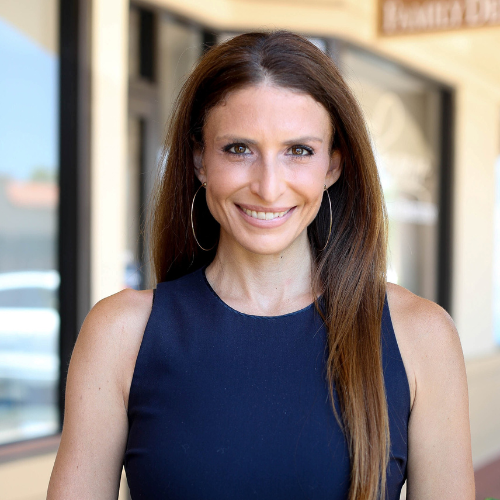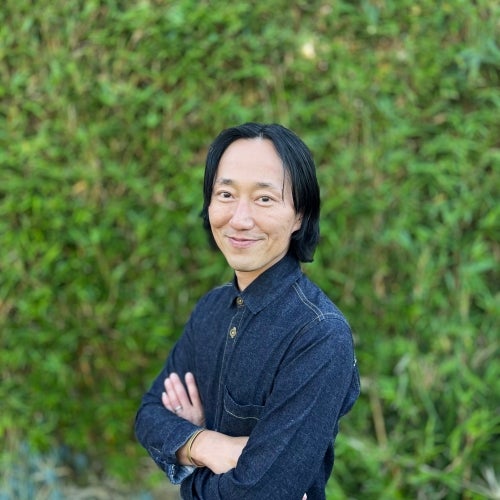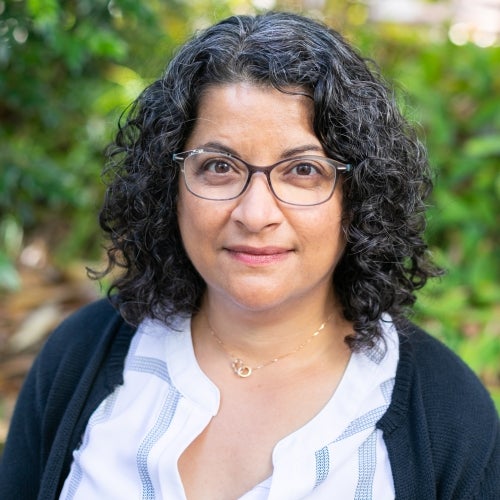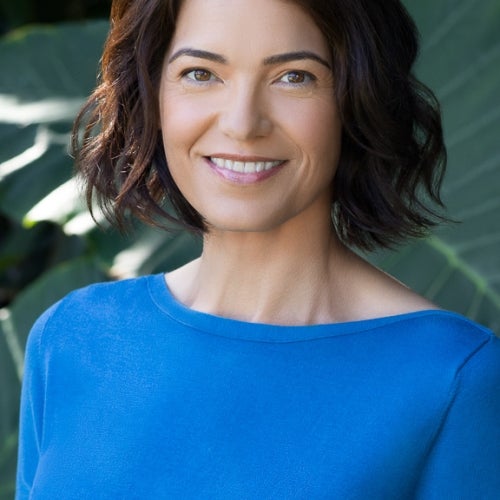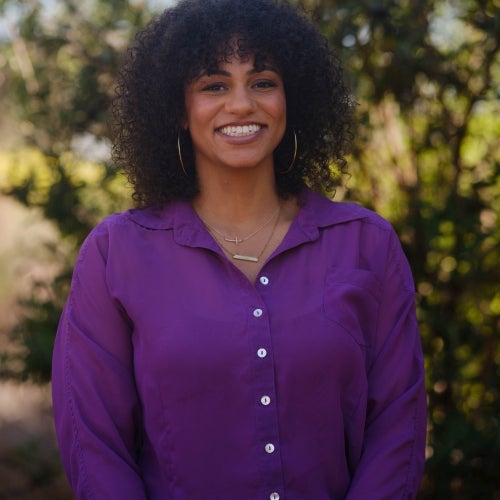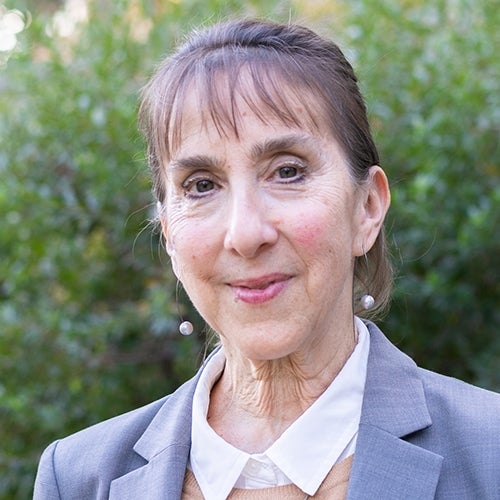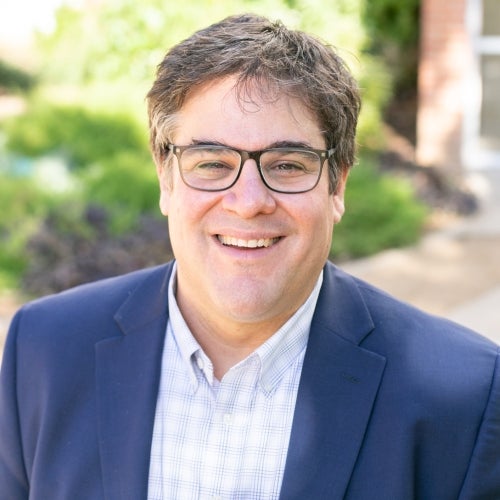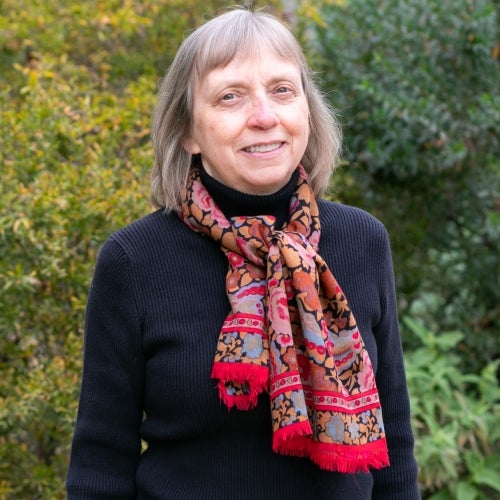Q&A | Dr. Robert Kim-Farley: World Kindness Day and public health
With World Kindness Day being observed on November 13, the UCLA Fielding School of Public Health connected with Dr. Robert Kim-Farley.
Dr. Robert Kim-Farley, professor of epidemiology and community health sciences at the UCLA Fielding School of Public Health, has spent his career working domestically and internationally in public health with the World Health Organization, the Centers for Disease Control and Prevention, the Los Angeles County Department of Public Health, and UCLA. Dr. Kim-Farley says that this year’s World Kindness Day theme “Be Kind Whenever Possible” resonates with his global experiences “on the role of kindness and a viewpoint of recognizing the pursuit of happiness as the ‘universal human currency’ that binds us all together.” Kim-Farley also serves on the Faculty Advisory Committee of the UCLA Bedari Kindness Institute, the university’s premier academic institute devoted to the multidisciplinary study of kindness.
World Kindness Day, celebrated on November 13 each year, promotes being kind to one other, to yourself, and to the world.
Can you explain the significance of World Kindness Day 2022?
The first World Kindness Day was launched on 13 November 1998 by the World Kindness Movement. Today, over 27 countries participate in the World Kindness Movement group, including the United States. The purpose of World Kindness Day is to “highlight and encourage good deeds in your community” and serve “as a reminder to all that simple acts of kindness have power and that together, we can all work to create a kinder world.”
What do you see as the relationship between kindness and public health?
I am reminded of the remark made by the current U.S. surgeon general, Dr. Vivek Murthy, that “Giving and receiving kindness are easy ways to feel good and to help others feel good too. People, organizations, and societies thrive when they are grounded in a culture of kindness.”
Although kindness is formally defined as “the quality of being friendly, generous, and considerate,” it is manifested in many ways such as showing empathy, being thoughtful towards others, and doing nice things without expecting anything in return. Public health, as it seeks social justice and protects and serves the most vulnerable in our communities, is putting kindness into concrete societal action.
How might we observe World Kindness Day in our own lives?
In my UCLA Fielding School of Public Health Fiat Lux Seminar on “Happiness: What Is It and How Should We Pursue It?” I note that World Kindness Day can serve as a stimulus to remember the role that practicing simple acts of kindness can have in making others’ lives happier and, in the process, making our own lives happier. The challenge is to incorporate simple acts of kindness, doing things for others without anticipating any reward for one’s own self, into our daily lives – and not simply as a one-day event. Writing down and reflecting on simple acts of kindness that you performed, or even witnessed, during the day can help reinforce the positive feelings of being kind and furthering the practice the next day. I wish everyone to experience the daily joy of performing simple acts of kindness and playing their part in making this a better world.
Dr. Kim-Farley’s UCLA Fiat Lux Seminars on “Happiness: What Is It and How Should We Pursue It?” — the first public health classes at UCLA entirely devoted to the topic of happiness — were developed in recognition that the discipline of public health is focused on human wellbeing.

Robert J. Kim-Farley, MD, MPH, is a Professor-in-Residence with joint appointments in the Departments of Epidemiology and Community Health Sciences
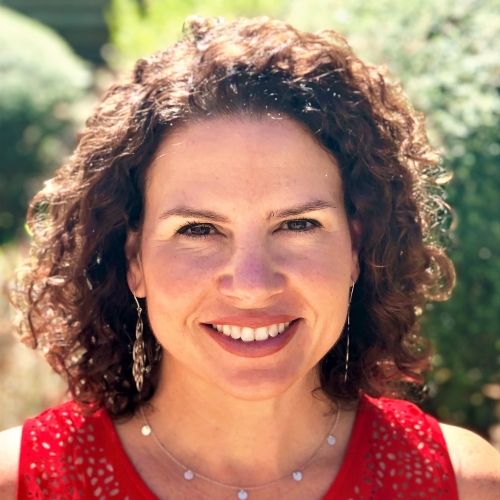
Dr. Joseph Davey is an infectious disease epidemiologist with over 20 years' experience leading research on HIV/STI services for women and children.
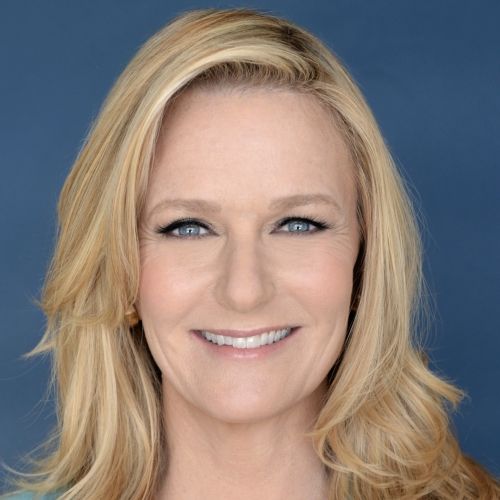
Dr. Anne Rimoin is a Professor of Epidemiology and holds the Gordon–Levin Endowed Chair in Infectious Diseases and Public Health.

Professor of Community Health Sciences & Health Policy and Management, and Associate Dean for Research
